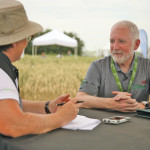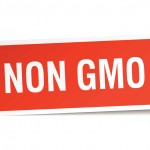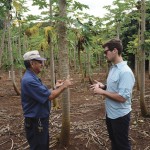
Tag Archives Genetically modified organism

Farmers asked to speak up on GE technology
When conversing about modern-day agriculture technology, be as honest and accurate as possible

Selective use of science won’t sell GMOs
Transparency is key to gaining credibility with the public

Glow-in-the-dark GMO chickens shed light on bird flu fight
But these birds are a long ways from becoming commercialized

GMO labelling may not discourage consumers: Vermont study
Study finds labelling actually increased support in some demographic groups

Corn and soybeans headed north and west
DuPont Pioneer is among a number of companies that see huge growth potential on the western Prairies

A mix of pragmatism and fear keeps GMOs out of Zambia
While the debate over GMO labelling continues in North America, Zambians take it for granted that they aren’t consuming products made with genetically modified ingredients

Politics and the revenge of the food consumer
The USDA has decided to act on growing pressure and establish a voluntary program to label food products with non-GMO content

A GMO by any other name would smell sweeter
The terminology used to describe modern plant breeding gives it a bad name

Genetically modified, engineered or just edited?
The result can be the same without the addition of a gene from elsewhere

The dark side of agriculture in Hawaii
GM variety has helped protect papaya against a deadly virus, but some growers have found their crop vandalized


